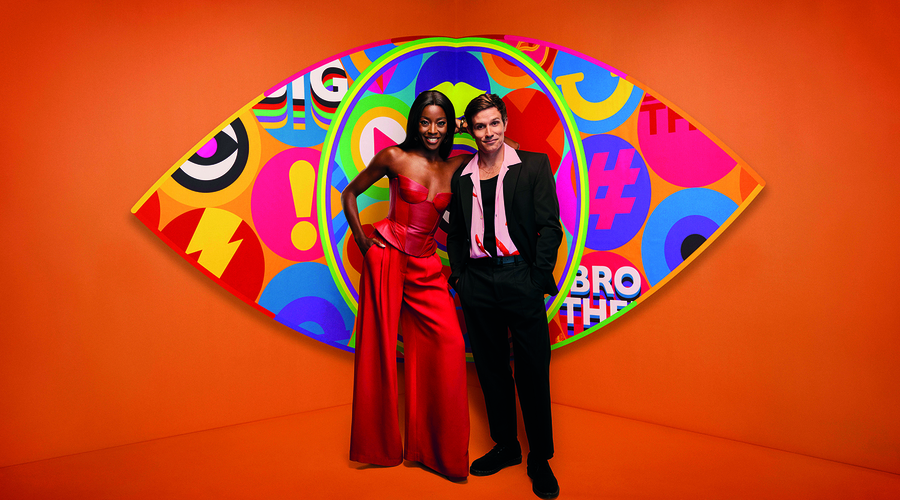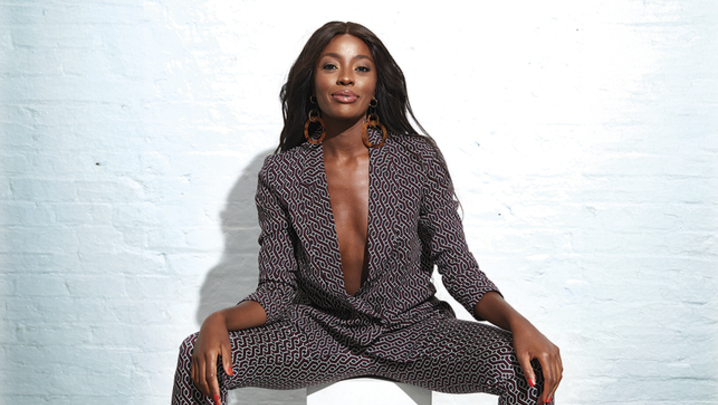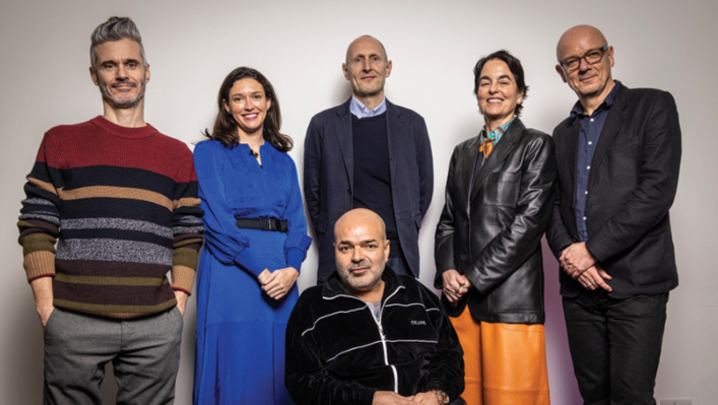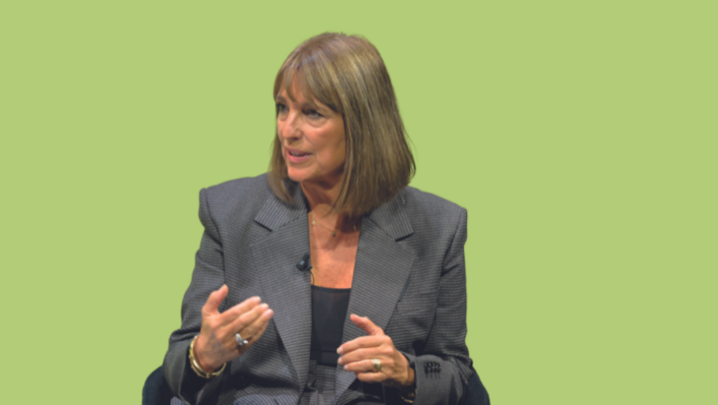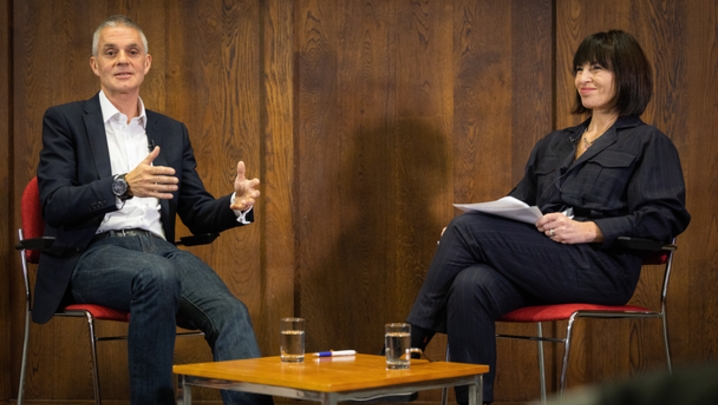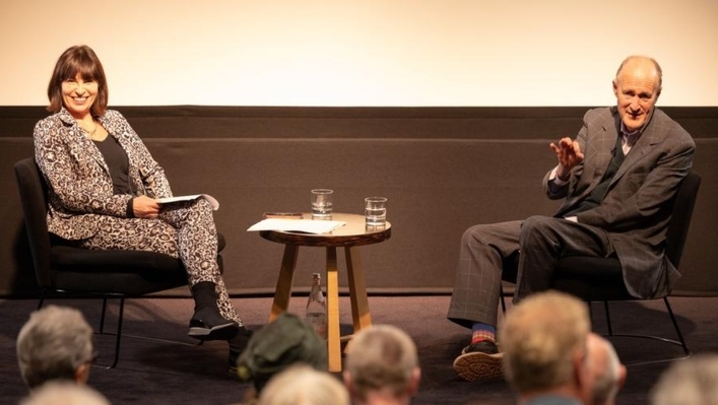The ghosts of TV past haunt TV present and future with the return of Big Brother followed by Survivor, Gladiators and Deal or No Deal
The greatest comebacks since Lazarus – or lazy commissioning? An RTS national event in mid-October that boasted a panel of executives responsible for resurrecting many entertainment shows offered some answers.
First, they discussed the key ingredients of a reheated TV dinner. “You’ve got to keep core fans happy, so you don’t want to deviate too much from the format,” said Katy Manley, MD of Initial TV, which makes Big Brother. The itinerant reality show opened its doors on Channel 4 in 2000, moved to Channel 5 a decade later and has now pitched up on ITV2 after a five-year breather.
But, Manley added: “It’s got to feel new – [Big Brother] has been on for a really long time; no one wants to see exactly the same thing that’s gone before, so you’ve got to put something fresh and exciting in.”
Charlie Irwin, MD of Thames, which produces Blankety Blank and Family Fortunes, noted that these veteran series have a “game mechanic that the shows work around, [which] you don’t mess with – they’re simple parlour games that everyone can play along with at home”.
He added: “The fundamental game is the same and then we [add] all the other elements – hosts, celebrities, the set, music, style of question and tone – to try to appeal to a new, fresh audience.”
Blankety Blank has had a couple of revivals since it first aired in 1979 with Terry Wogan as master of ceremonies, and has been hosted by the ubiquitous Bradley Walsh since it returned to BBC One in October 2021.
Family Fortunes made its debut in 1980 with Bob Monkhouse at the wheel, with celebrity chef Gennaro D’Acampo presenting the gameshow since it was resurrected by ITV in 2020.
Juliet Denison Gay, Creative Director at Hungry Bear, which is bringing back Gladiators to BBC One – with, obviously, Bradley Walsh presenting, this time alongside his son, Barney – explained her thinking behind the reboot.
The question she asked herself was: “How do we get families back watching shows together, because we all know that’s quite rare?”
And the answer was sports gameshow Gladiators, first broadcast by ITV in 1992 and briefly revived by Sky in 2008. “People just want to have some fun, shut out a bit of the crapness of the world and have lovely entertainment television,” said Denison Gay.
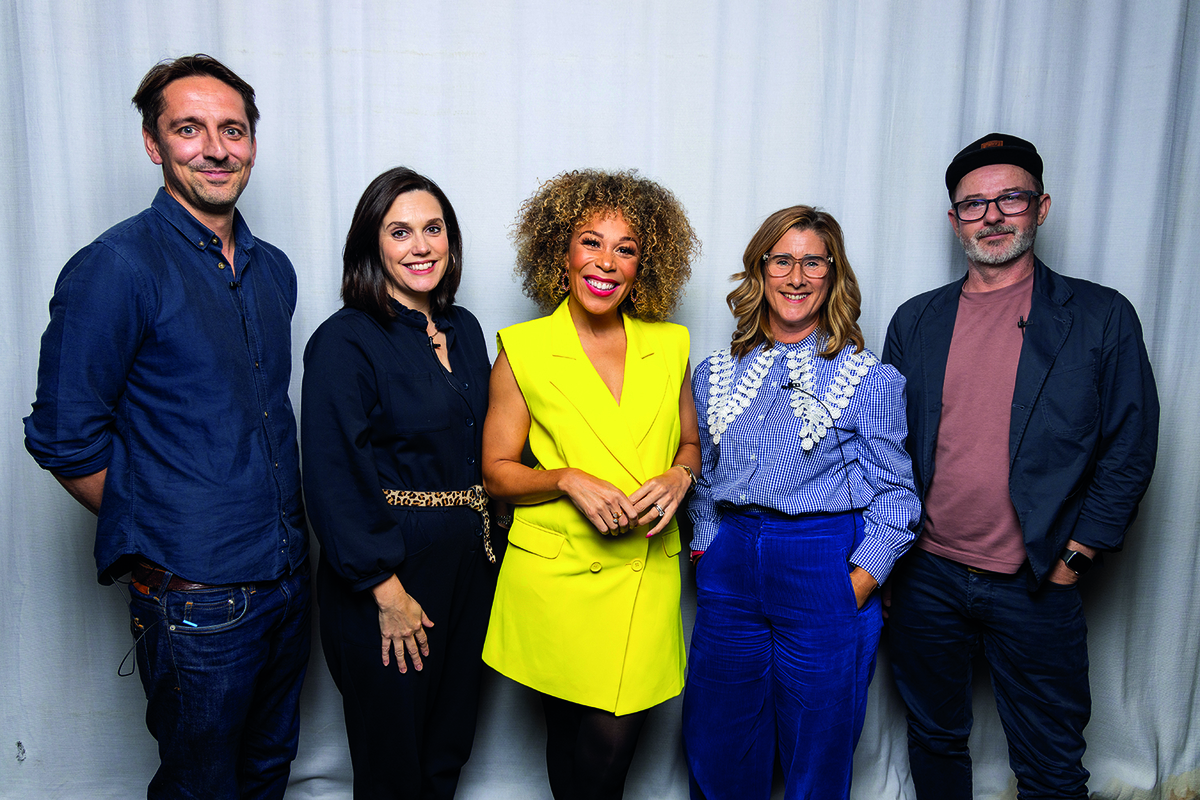
Juliet Denison Gay; and Paul Osborne
(Credit: Paul Hampartsoumian)
Paul Osborne, a former executive producer of Big Brother, is producing a new version of competition series Survivor for BBC One, two decades after the original played out on ITV. “Not everyone in the UK will remember it and even if they do… they will remember it as this quite earnest social experiment,” he said.
Recently, the show began its 45th US season. It was revived in Australia in 2016 and airs in other territories around the world, and has come back, said Osborne, as “a much bigger, more entertainment-based psychological and physical game than it used to be”.
RTS event host, the journalist and presenter Ria Hebden, asked whether “TV had become lazy in recommissioning existing formats?”
No, insisted the panel. “It’s hard to reboot something and do it successfully. None of the successful reboots could be perceived as lazy because you’ve got to freshen [them] up and appeal to new people,” argued Irwin.
Manley said that, rather than being lazy, these shows should be seen as a fillip for linear television. “The broadcasters are trying to drive… family viewing, shared experiences, live TV,” she said. “[Reboots] are not lazy; it’s [about] trying to galvanise the industry.”
Irwin added: “It is difficult to cut through with new shows and new ideas, and get those younger viewers in a family environment. Big brands and big shows are a way to do that.”
He also pointed out that, across the board, despite the huge publicity they are receiving in the press, reboots make up a tiny percentage of TV commissions. BBC Director of Unscripted, Kate Phillips, said earlier this year that revivals account for just 1% of the 3,000 hours of content she greenlights every year.
“Everyone’s looking for guarantees,” said Denison Gay. “So, it’s a reboot, or it’s a format that’s been optioned from somewhere else or it’s about the talent – it’s never as simple as just an idea. You have to find so many different parts of the jigsaw puzzle to persuade a commissioner to go for it.”
Irwin summed up: “People might have ideas of how to refresh shows or talent might come to you and say, ‘I love that show,’ but, first and foremost, it is, ‘What are the broadcasters looking for?’ and, ‘What does the audience want?’”
Report by Matthew Bell. The RTS national event ‘The art of the reboot’ was held at the Regent Street Cinema in London on 17 October. It was hosted by Ria Hebden, and produced by Sarah Booth and Andrew Francis.
Panellists’ top shows to revive
Juliet Denison Gay: early-2000s Fox ugly duckling reality show The Swan
‘I imagine [people] would think it was morally wrong to bring that show back. It featured… women who… felt like shit and thought they looked like shit. The show would whisk them away… for six whole weeks… and they’d come back [looking] like a Kardashian….
[It was] addictive telly – I loved it…. Back in the day, it was even more shocking because… you were only just starting to notice that Botox was going on… now everyone’s doing cosmetic surgery, so I don’t think it would be that shocking [today].’
Paul Osborne: long-running MTV reality series The Real World
‘Doing The Real World in the UK – which no one has ever done. The way The Real World was cut was kind of the way that TikTokers, Instagram influencers and YouTubers operate in the real world [now], so to capture that in a TV show would be good.’
Charlie Irwin and Katy Manley: Chris Evans’ Channel 4 shows Don’t Forget Your Toothbrush and TFI Friday
‘There is less and less live [TV]. Live stuff is really intoxicating, especially when it feels something really unpredictable could happen… you get that in [Saturday Night] Takeaway and you really got it in Toothbrush,’ said Manley. ‘TFI Friday felt really anarchic and fun… I would watch it [now].’
Irwin added: ‘It’s the chaos of live TV… everyone wanted to be in that [TFI] pub. I love those shows where people want to be a part of it, desperate to be there. Creating that would be [great].’

